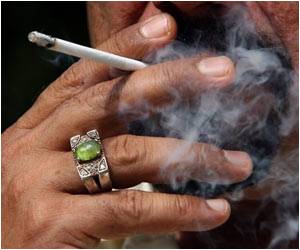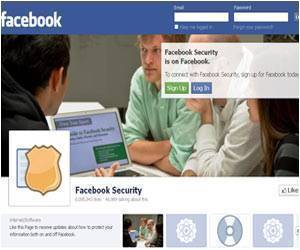
"We found that when more hours had elapsed since the beginning of the work shift, fewer resources and more symptoms of poor health were reported after a break," the study said. "Therefore, breaks later in the day seem to be less effective," the study noted.
For the study, Emily Hunter and Cindy Wu, associate professors of management in Baylor University in Texas, US surveyed 95 employees (ages 22-67) over a five-day workweek, and each person was asked to document each break they took during that time.
Breaks were defined as "any period of time, formal or informal, during the workday in which work-relevant tasks are not required or expected, including but not limited to a break for lunch, coffee, personal email or socializing with coworkers, not including bathroom breaks."
The researchers found no evidence to prove that non-work-related activities such as going for a cup of coffee or walk were more beneficial.
"Finding something on your break that you prefer to do - something that is not given to you or assigned to you - are the kinds of activities that are going to make your breaks much more restful, provide better recovery and help you come back to work stronger," Hunter said.
Advertisement
The study appeared in the Journal of Applied Psychology.
Advertisement










